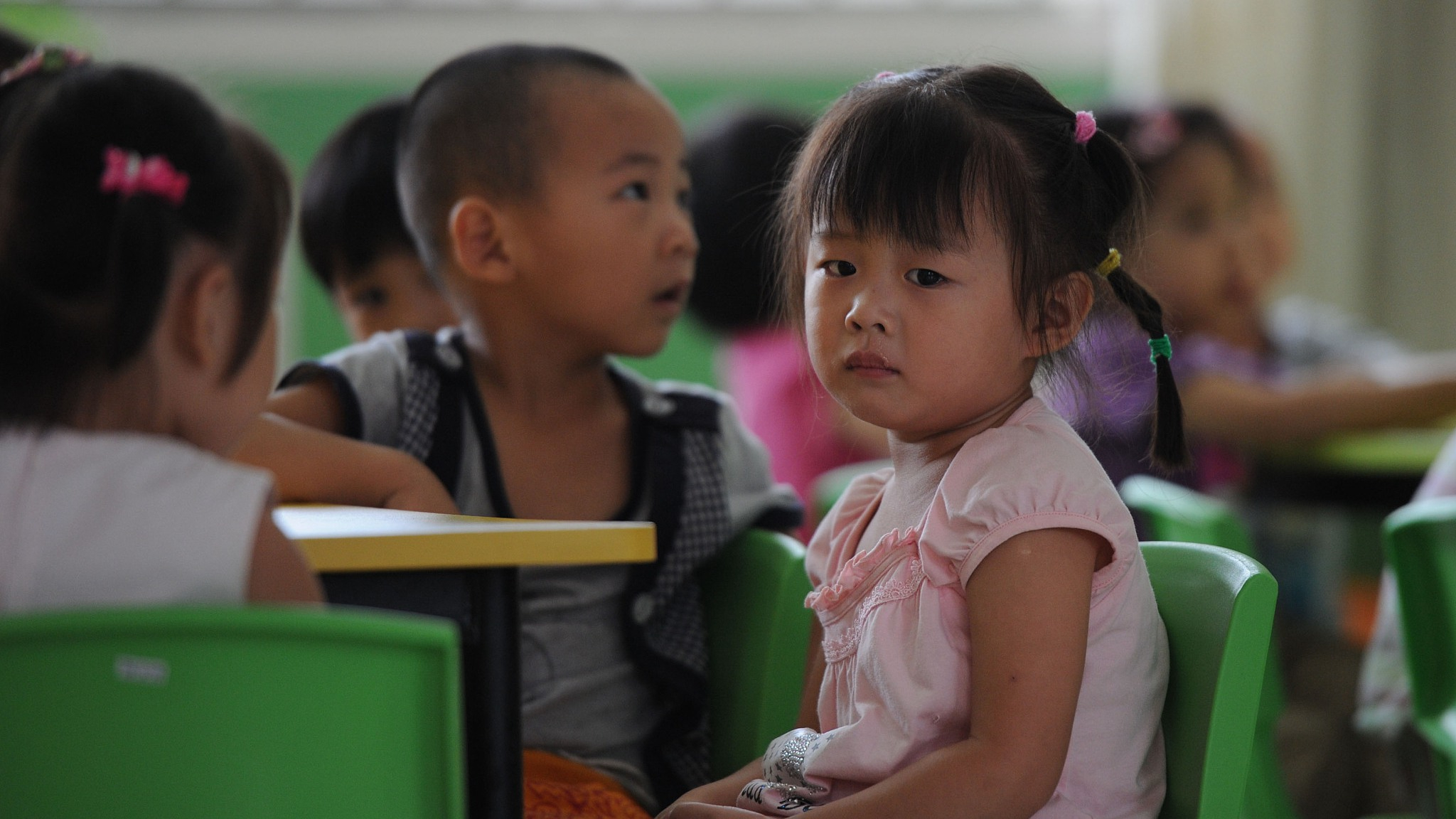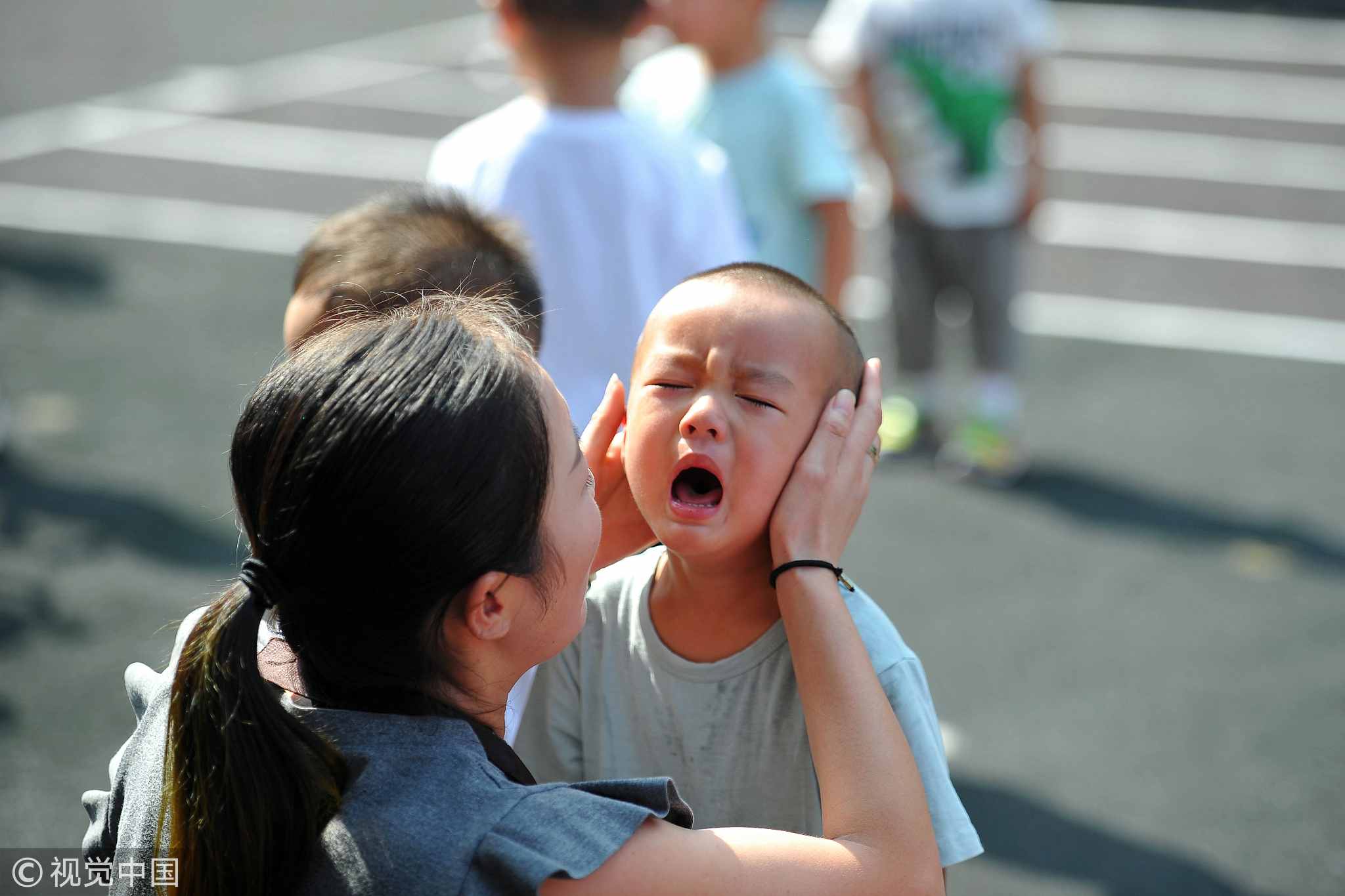
Education
09:33, 28-Nov-2018
Forcing children to apologize may do more harm than good: study
Updated
09:02, 01-Dec-2018
CGTN

Parents who force unremorseful kids to apologize to others before they're truly sorry may do more harm than good, a study by the University of Michigan (UM) has suggested.
As the main point of an apology, to express remorse and repair relationships, is lost in an insincere apology, it may make children dislike the apologizer even more, according to the study.
Researchers looked at how children aged 4-9 viewed three types of apology scenarios among peers: unprompted apologies, prompted but willingly given apologies, and coerced apologies.

An illustration shows that a stern mother giving a lesson to her son. /VCG Photo
An illustration shows that a stern mother giving a lesson to her son. /VCG Photo
They found that kids viewed willing apologies the same, whether prompted or unprompted by adults. But the coerced apologies weren't seen as effective, especially by the 7-to-9-year-olds.
All children viewed the transgressors as feeling worse after the apology than before, but the 7-to-9-year-old children felt the coerced apologizers' bad feelings were rooted in self-interest – say, concern about punishment – rather than remorse.
And, children of all ages thought the victims felt better after receiving a willing apology, but they saw the recipient of the forced apology as feeling worse than the recipients of the willing apologies.

A mother comforts her crying son in Jinhua, Zhejiang Province, September 3, 2018. /VCG Photo
A mother comforts her crying son in Jinhua, Zhejiang Province, September 3, 2018. /VCG Photo
"Coercing your child to apologize is going to backfire. Other kids don't view that apologizer as likable," said study author Craig Smith, a research investigator at the UM Center for Human Growth and Development.
"When your child is calm, help them see how the other person is feeling, and why," said Smith. "An apology is one way to do it, but there are lots of ways. Research shows that even preschoolers value it when a wrongdoer makes amends with action. Sometimes this is more powerful than words."
The study was published online in the November edition of Merrill-Palmer Quarterly.
(Top Photo: A young pupil in Nanchang, Jiangxi Province, September 3, 2012 /VCG Photo)
Source(s): Xinhua News Agency

SITEMAP
Copyright © 2018 CGTN. Beijing ICP prepared NO.16065310-3
Copyright © 2018 CGTN. Beijing ICP prepared NO.16065310-3